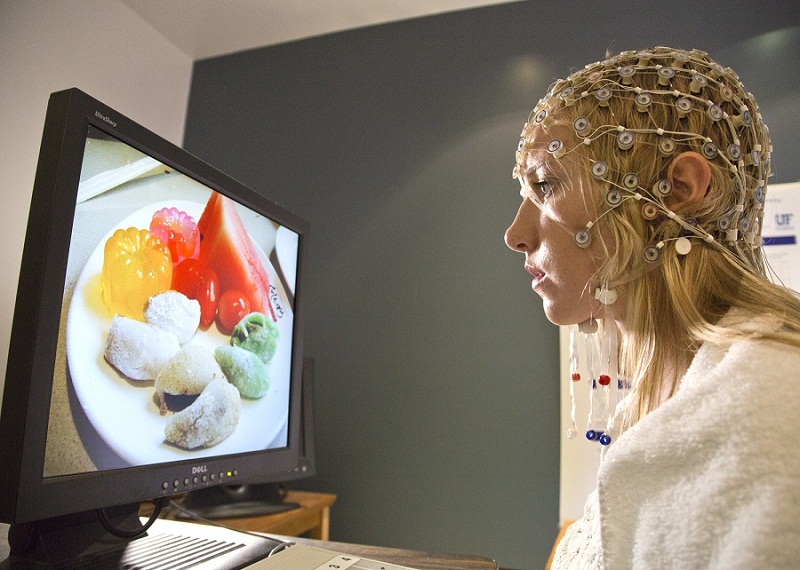Morning Workout May Curb Appetite

Get the world’s most fascinating discoveries delivered straight to your inbox.
You are now subscribed
Your newsletter sign-up was successful
Want to add more newsletters?

Delivered Daily
Daily Newsletter
Sign up for the latest discoveries, groundbreaking research and fascinating breakthroughs that impact you and the wider world direct to your inbox.

Once a week
Life's Little Mysteries
Feed your curiosity with an exclusive mystery every week, solved with science and delivered direct to your inbox before it's seen anywhere else.

Once a week
How It Works
Sign up to our free science & technology newsletter for your weekly fix of fascinating articles, quick quizzes, amazing images, and more

Delivered daily
Space.com Newsletter
Breaking space news, the latest updates on rocket launches, skywatching events and more!

Once a month
Watch This Space
Sign up to our monthly entertainment newsletter to keep up with all our coverage of the latest sci-fi and space movies, tv shows, games and books.

Once a week
Night Sky This Week
Discover this week's must-see night sky events, moon phases, and stunning astrophotos. Sign up for our skywatching newsletter and explore the universe with us!
Join the club
Get full access to premium articles, exclusive features and a growing list of member rewards.
You might not actually work up an appetite while exercising. A new study shows that a brisk morning workout may reduce a person's desire for food.
Researchers from Brigham Young University (BYU) used electrodes to measure the neural activity of 35 women while they looked at pictures of food on two different days. On one day, the women had spent 45 minutes of their morning exercising, while on the other day, they did not exercise.
The researchers found that after exercising, the participants' attentional response to the food images dropped. Throughout the rest of the day, women who had worked out also showed an increase in total physical activity, regardless of body mass index. (About half of the women in the study were obese.) And the women did not eat more food on the exercise day to "make up" for calories burned in the workout, the researchers said. Rather, the participants consumed about the same amount of food as on the non-exercise day.
The researchers said more work is needed to determine how long these effects last and whether long-term exercise has any impact on a person's motivation for food.
The study, now online, will appear in the October print issue of the journal Medicine & Science in Sports & Exercise.
Follow LiveScience on Twitter @livescience. We're also on Facebook & Google+.
Get the world’s most fascinating discoveries delivered straight to your inbox.
 Live Science Plus
Live Science Plus











